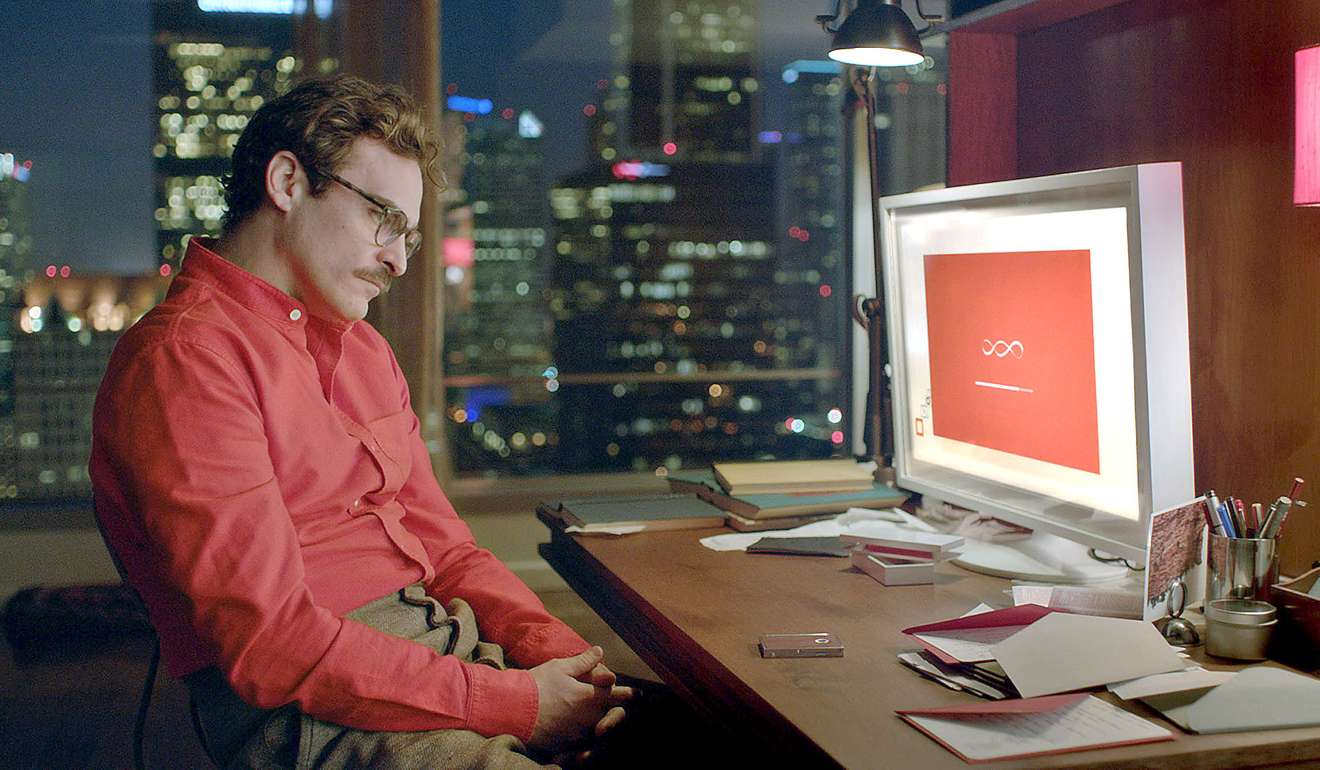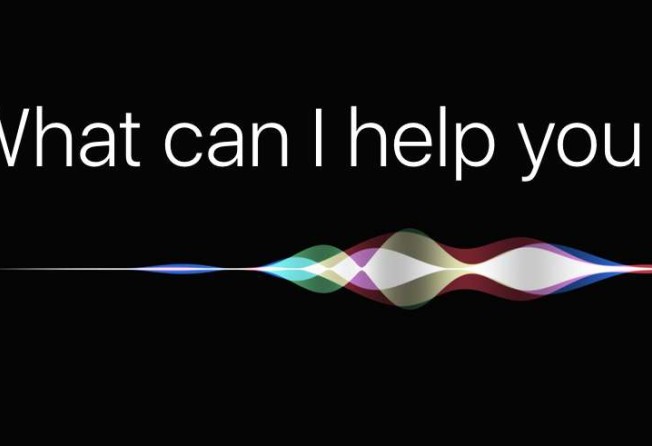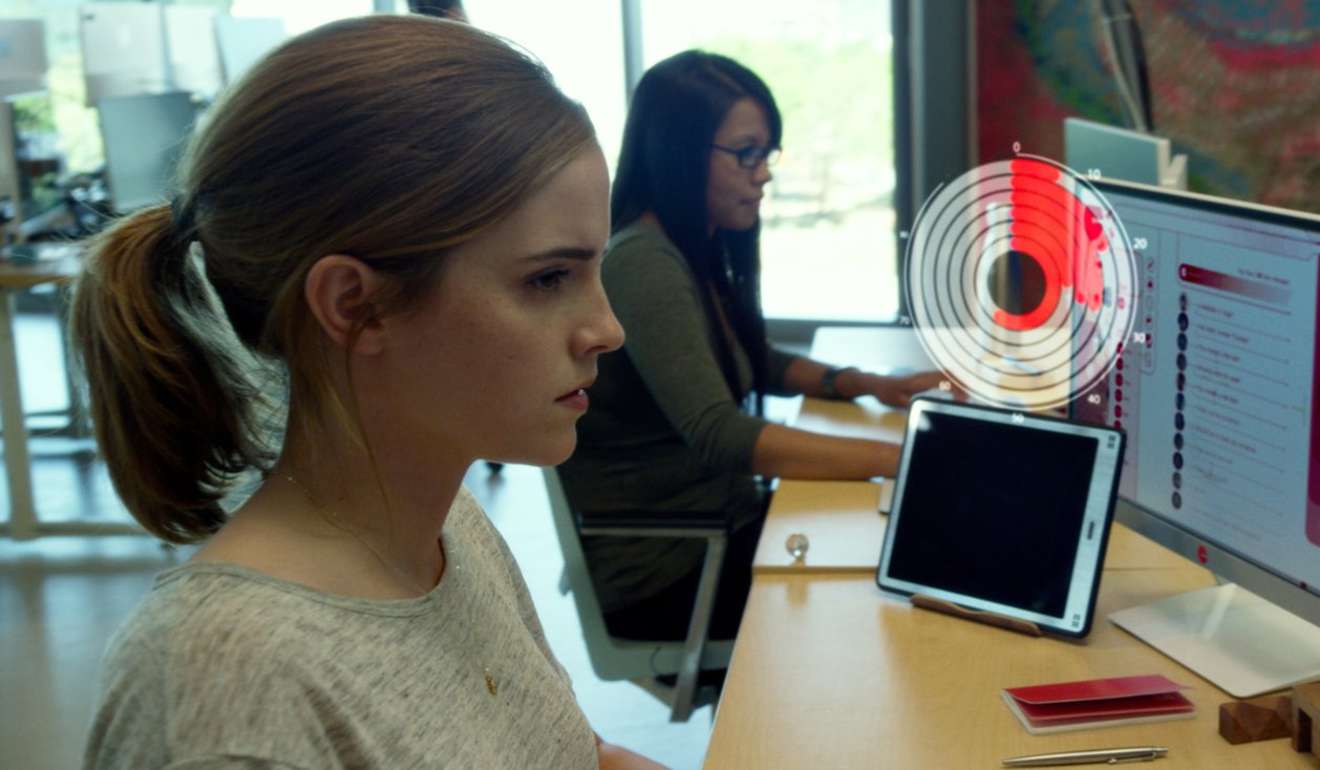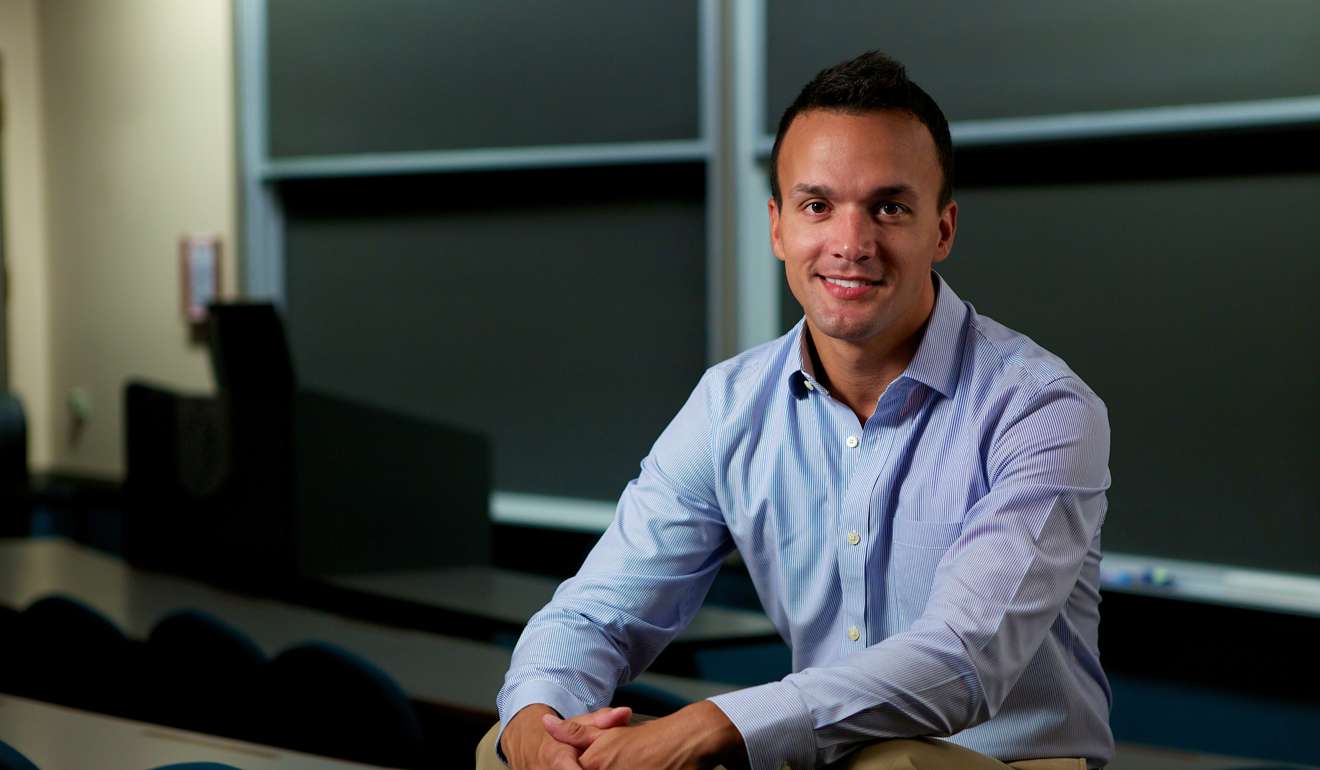
Can Siri or Alexa replace your need for friends? Well, maybe – but that may not be a good thing
As humans we have a fundamental need to belong, but how much can that be satisfied by talking to a voice assistant or a machine, researchers ask. Among their conclusions: don’t make robots look or sound too human

By now, we’re familiar with the movie storyline. A person replaces relationships with a digital device, like Joaquin Phoenix leaning on his operating system in Her, and The Circle – opening in Hong Kong in May – based on the Dave Eggers book chronicling a future society dependent on technological connection.
A recent study co-authored by James Mourey, an assistant professor of marketing, sought to see exactly how much a human-like digital device might replace humans.

According to the research, released in January in the Journal of Consumer Research, Mourey and his co-authors hoped to find out how devices that replicate human characteristics – such as Roomba with a design that can resemble a smiley face, or Siri and Alexa that talk back to you – affect one’s need for social interaction.
Mourey, of the Driehaus College of Business at DePaul University in Chicago, Jenny Olson, assistant professor of marketing at the University of Kansas School of Business, and Carolyn Yoon, professor of marketing at the University of Michigan, wanted to know how replaceable are humans with technology, and at what cost?

To do this, they zeroed in on moments when respondents felt excluded, such as, “My date stood me up for prom,” said one participant.
Human beings have a fundamental need to belong. When people feel excluded, Mourey said, the feeling often triggers a response to compensate in some way – for example, exaggerating one’s social contacts (“I have tons of friends on Facebook”), reaching out to friends or family, or forming connections through volunteering.
But how much can that be replaced by a quick question to Siri or interacting with a Roomba?
After asking about a time they felt excluded, researchers asked participants to engage with their phone or a Roomba. After engaging with a product that researchers described with human-like characteristics, those needs to reconnect with people disappeared.

“It’s as if the phone replaces the human interaction,” Mourey said.

But don’t panic just yet that human interaction is destined to be replaced by robots. “It does not mean that you’re replacing your friend Sandy with Siri,” he said. Or at least, not yet.
Simply reminding people that the products were inanimate objects made the effect go away, Mourey said.
And certainly, the effects can be positive – for example, a lonely, elderly person might feel happier with even electronic communication, says Mourey.
Still, he said, product designers should realise the more human-like they create things, the more potential for cutting into social interactions with human beings.
“We’re actually getting that fulfilment through the products,” he said, “with substitutes that are becoming better and better, which is kind of the scary part.”
Does Mourey himself use Siri?
Nope, he said. “It sort of creeps me out, this disembodied voice that responds to you.”